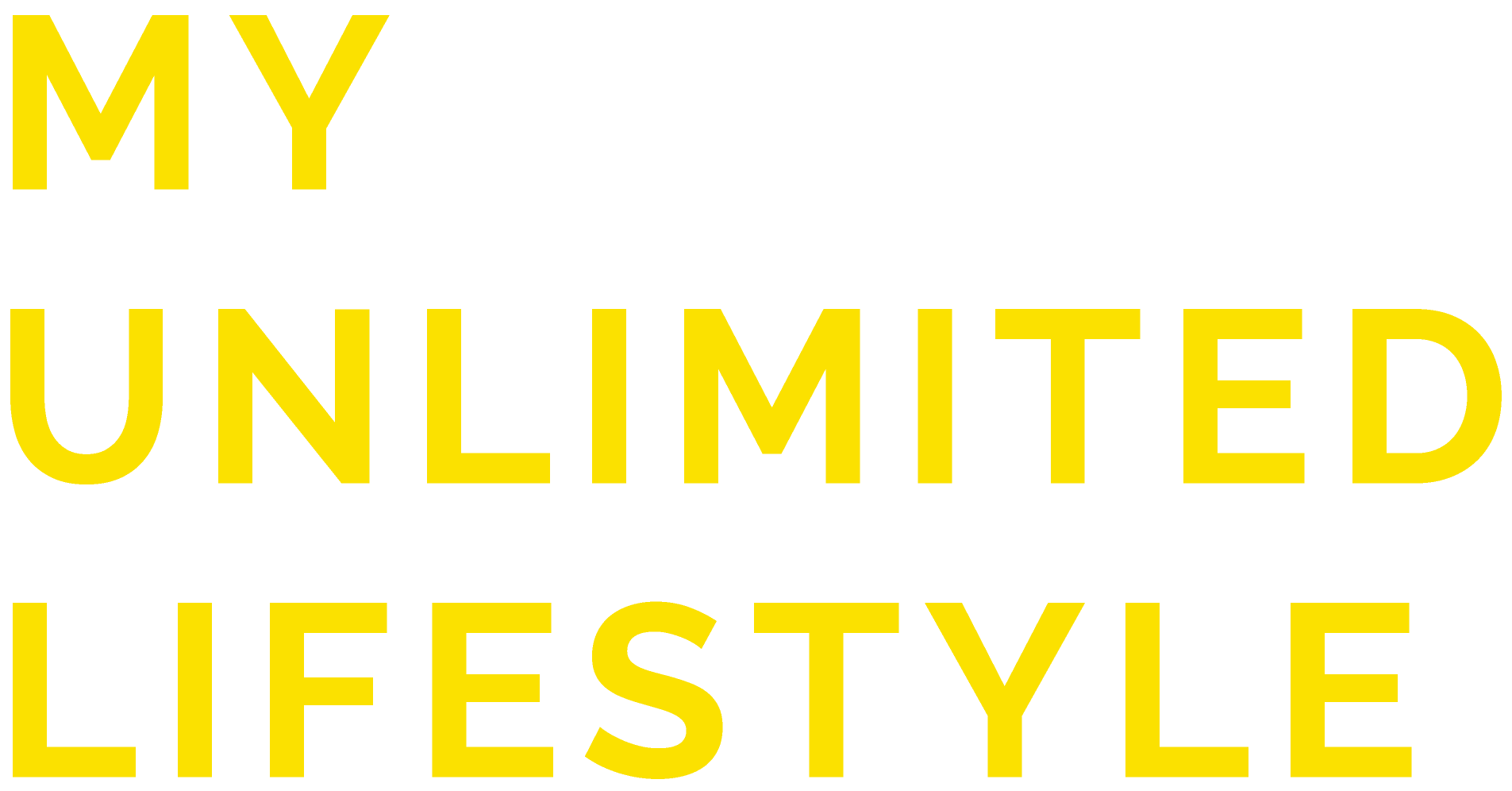No matter what their current productivity levels are, most people want to know how to increase their work results while decreasing the time they spend on the job. Stress, procrastination and scheduling are only some of the factors that you need to consider in order to improve your productivity; and the most difficult part is that whatever works for someone else might not work for you. But don’t worry! In this article we will let you know the best techniques to hone your working habits and increase your productiveness.
Your work productivity will not increase by itself
For a long time, changing my old habits was incredibly difficult for me. I used to hate with all my heart when I had to change something to which I was used to; it hurt. First, I had to convince myself that it made sense to get out of my comfort zone. I was convinced by specific examples that opened my eyes. After begrudgingly trying some advice and tips for increasing productivity, now these have suddenly become an inspiration and I now feel that it’s worth at least trying them. These tips are no longer just a bunch of advice that no one follows; they have become working practices.
What will change in my life if I increase my work productivity?
Everything. I’m serious. Logically, you will have more time not only for work but also for your private life. Some of the most relevant effects of increased productivity are:
You will make more money
A lovely bonus of increasing labor productivity is an increase in income. It’s logical, but some people find it hard to rationalize that quicker results directly translate into more money. Think about it: you will do more work during the same working hours; and, as a result, you have a higher profit.
You will get more work done
Time is one of the most important assets in everyone’s lives. Increasing your productivity will not only give you more money per hour worked, but it will also free up some of your time to get new things done. Maybe you have been postponing a side project or a non-urgent task for a while, or maybe you can use your newly freed-up time to get more clients. It doesn’t matter what your schedule looks like, increasing your productivity will always let you get more tasks done.
You will have more free time
You can use the time you gain through increased productivity and efficiency for training. In no field is it out of place to overview current events, the latest trends. Thanks to the Internet, you always have access to industry articles, videos, and podcasts. This also belongs to your work, as well as participation in professional pieces of training or workshops.
Your mood (and maybe even your co-workers’ moods) will improve
If you are in charge of a group of people, you probably want to increase their productivity. To do so, you must first learn how to increase your own work productivity and then manage to transmit these techniques to your team. If you manage to do so, the general mood at your workplace will inevitably improve as well. The ubiquitous stress, which has negative effects in people’s mental states, will inevitably be reduced. When work seems easier to do and it takes less time to do the same amount of tasks, you and your colleagues will have more time to relax. Also, keep in mind that a task that is done with enough time and without pressure will be less error-prone than a task done in a hurry. In the end, it all boils down to increasing the satisfaction of your workers by improving their own personal work results.
Why you should avoid working under pressure
You might be one of the people who is convinced that their productivity increases when they work under stress. Believe me when i say that I know what you’re talking about, because I used to be the same. I used to procrastinate at work, with the knowledge that the pressure of the deadlines would eventually force me to complete my tasks. I dragged it out like this for several years until I realized that I was actually making things more difficult for myself. While I did complete my tasks in time, the stress was affecting both my psyche and my physical health. The worst thing was that with increasing pressure, my life energy decreased in direct proportion. I felt lifeless and worn-out all the time.
What helped me?
The following activities were the ones that helped me start in my productivity increasing journey. I think most of them will work for most people, so i’ll list them here and hope they help you as much as they helped me:
I Created a quiet workplace – I have a work corner in the house with a comfortable ergonomic chair where no one disturbs me. I’ll crawl in there and get out when I’m done. In the past, I often settled down on the couch in the living room which meant a lot of distractions and lost time. Since this environment is the same one that I used for relaxation, it was tempting for me to linger and aimlessly browse the Internet.
I set a fixed working time – I used to work whenever I felt like it. Sometimes i would start early and sometimes I would do it later, but I never ended early. I now have a set schedule for my work activities which makes it easier for me to feel relaxed and in control.
If possible, I reject urgent work – As I’ve said before, I used to think that the pressure of a deadline helped me out, but let’s be honest: you need time in order to produce quality work.
I try to go to bed before midnight – I’m a night owl, so it’s difficult for me to go to sleep early, but I quickly realized that having no set bedtime was negatively affecting my productivity. I now try to go to sleep before midnight, and even if I don’t, my schedule will push me to wake up early and feel sleepy enough the next night.
I don’t work on weekends – This one is simple and straightforward. I quickly decided that weekends belong to me, my family and my friends; so I refuse as much as possible to work during the weekends and enjoy them thoroughly so that I can go back to work the next Monday feeling energized.
Radical and immediate changes usually do not work
You don’t have to start with considerable jumps to make something happen. Slowly but surely, inconspicuous first steps help to increase productivity. Just go ahead implementing small changes systematically and at your own pace. It is crucial that, in the end, you aim to change your ingrained habits for the long run.
1. Be inspired by best practices
I put together a little inspiration from various sources. These tips have been proven and tested and they commonly lead to increased productivity. Some of these have helped me personally while some others are just part of my research into the topic. In the case of the latter, I’m planning on gradually implementing them into my work life.
- Recharge your batteries regularly
- Follow your biorhythm
- Measure the time you spend working
- Cut yourself off from interfering elements
- Focus on your work
- Keep your working space tidy
- Do not keep all the information in your head
- Work in series
- Check your checklists
- Start working at a fixed time
- Plan ahead
- Set priorities
- Delegate
- Reward yourself for partial achievements
- Recharge your batteries regularly
Just like you recharge your phone’s battery every day (or even more!), you should always make sure to keep your energy topped up. This means eating well and resting properly. Try to keep a balanced diet and a regular and sufficient sleep schedule. You will be amazed by how much these two factors increase your productivity.
2. Follow your biorhythm
If your work schedule is flexible, try to plan your days according to your own biorythm. Some people are most productive right after waking up. Others work best during the night when there is silence. Of course, there are activities that can not be performed at any time, but there’s always some work to do. For example, if you are a teacher you probably can’t move your classes around; but you can prepare them early in the morning before the kids wake up or late at night when everyone’s in bed already.
“I started to be the most productive when I admitted my daily work mood and stopped forcing myself to work at a time when I just can’t. I don’t pretend to work early in the morning. I don’t start working until after ten o’clock, and I have to finish before four P.M.”
3. Measure the time you spend working
Tracking your working time can be a great tool both for understanding your limits and for planning ahead. For everyday needs, the Toggl application, which is free, is more than enough. By measuring the time worked, you can easily find out which days you are most diligent and then figure out why that is. Perhaps you might find that some recurrent activities hold you back, so you can allot more time to them. Whatever the case, having the information on how fast or slow you’re working is a great tool.
4. Cut yourself off from interfering elements
Every interruption from work means a waste of time. Simple things, such as a regular SMS can interrupt your workflow and affect it more than you think. The worst part about interruptions is the time it will take you to refocus on the present task. It is ideal to disconnect from social networks, mute your phone, disable Internet browsing, and check emails only at certain preset times.
If this seems like a very time consuming task in itself, consider using an app to block your social media in one click. I have tried two Chrome add-ons that work perfectly: “Work Mode – Block ALL Social Media” and “StayFocusd”, which blocks access to selected pages when you exceed a daily limit you have set.
5. Focus on your work
You may have heard the terms deep work or Flow. These terms are not about concentrating as much as possible on the activity you’re doing. They are about managing your time so that you can concentrate better even with brief breaks or interruptions.
The Pomodoro technique is ideal for this way of working. Invented by undergraduate student Francesco Cyrill, the system is based on twenty-five-minute intervals of work interspersed with short breaks. According to its creator, one of the most powerful tools of this technique is the recorded self-feedback of your performance, which will help you to realistically estimate how long future projects will take. If you have problems meeting deadlines and can’t keep up with your workload, try the Pomodoro technique. More information and specific instructions for improving work habits can be found in the book of the same name, published this year by Melvil.
Professor Csikszentmihalyi’s book “Flow: The Psychology of Optimal Experience”, published in 2017, will introduce you to the secrets of deep work. The American psychologist of Hungarian descent defines Flow as a mental state of complete concentration.
6. Keep your working space tidy
The common saying: “tidy desk, tidy mind” holds true for most people. If your workspace is a mess, you will either be distracted by the objects around you or feel the urge to tidy up. Plan ahead and always keep in mind that you will need some time to tidy your space either before or after your working hours. Making this activity part of your regular schedule will also help you get into the state of mind that you need to be productive.
7. Do not keep all the information in your head
Writing down as much information as you can will help you in several ways. For things that don’t seem very important (like a random business idea that seems far fetched at the moment), having a written record of your thoughts will help you remember them later. On the other hand, it might seem overkill to write very important things down since it can seem impossible for you to forget them, but how many times have you forgotten small details of some really important meeting? My friend Emily uses the To-doist application: “Any duty, job, idea, thought, everything goes to Todoist. For these, I then set priorities, sort them and make a plan. It has become my daily ritual. “
8. Work in series
Switching your focus from one activity to a completely different one takes time and effort. This is why you should consider grouping similar tasks together and then do them in series. As a writer, this seemed like a difficult thing to apply to my work and for a long time I didn’t even try. One day, one of my colleagues said: “I know I have to write four short articles every week, so I just set an entire evening aside to get them done.” Since then, I have tried serializing my tasks and I have saved a lot of time by doing so.
9. Check your checklists
Create checklists for recurring activities, in which you dissect your progress into the smallest details. After completing each item, check the individual steps. In this way, workflows and processes can be improved, automated, but also delegated. This will also ensure you never miss a step and if you have to delegate the activity, you will have a very detailed guide for whoever is going to do the job. Try it and see. By checking the individual items, you can see how you progress and what you have managed to do. As a bonus, most people find the activity of checking a box satisfying by itself thanks to the sense of accomplishment it entails.
10. Start working at a fixed time
This is one of the tips that might not work for everyone, but it certainly does wonders for most. Having the structure of a set time at which you have to start working creates a habit and lets your mind switch to “working mode” more readily. If you are the kind of person who can’t stand structure though, it might be better if you skip this one and try being more flexible.
11. Plan ahead
Once you know what you’re going to work on during your day, it’s easier to get up to speed. Having a plan means drastically reducing the time you spend deciding what to do next. For most people this means having short and long-term plans to achieve their goals. “Every year, on January 1st, I write down my annual goals in a calendar. I will then make a more detailed monthly work plan based on those objectives. Thanks to this, I know what I have to do in order fulfill my plans. This is complemented by a daily plan that takes daily life as well as the previous lists in mind.”
12. Set priorities
There is nothing worse than jumping from one activity to another. Getting stuck on a secondary task when the deadline of an essential contract is about to come is frustrating. Learn to set priorities. Use notes, stack tasks and do anything you can think of to help you sort tasks by importance.
13. Delegate
Time is not infinite, so you can’t be expected to do more than what is reasonable. Share your work with others. Try to keep yourself focused on the tasks that actually require you. For example, if you are a CEO and your company needs a logo, let the graphic designer do their job and limit yourself to revising it. Keep in mind that delegating is an intrinsic part of most jobs and of life itself.
14. Reward yourself for partial achievements
Do you have a difficult task ahead of you that you don’t want to do? Break it down into partial steps and reward yourself for each action you take. What will be the right motivation? Something different applies to everyone. Some people will feel very rewarded by a cold beer after a long day of work while others prefer to go out for a walk. Whatever reward you choose will help you feel accomplished and motivate you to complete the tasks ahead.
Conclusion on increase productivity tips
Do you honestly think you are being as productive as possible? If you do not dare to change your approach to work yourself, no one will do it for you. Changing your habits might feel daunting at first, but if you set your mind to it and apply all or some of the techniques we just discussed, I’m sure you’ll increase your productivity and live a happier life.






